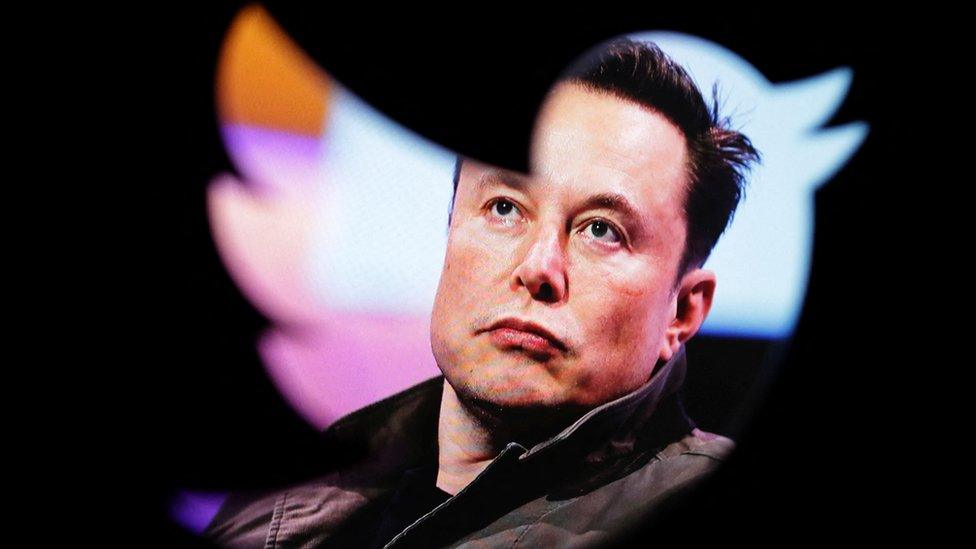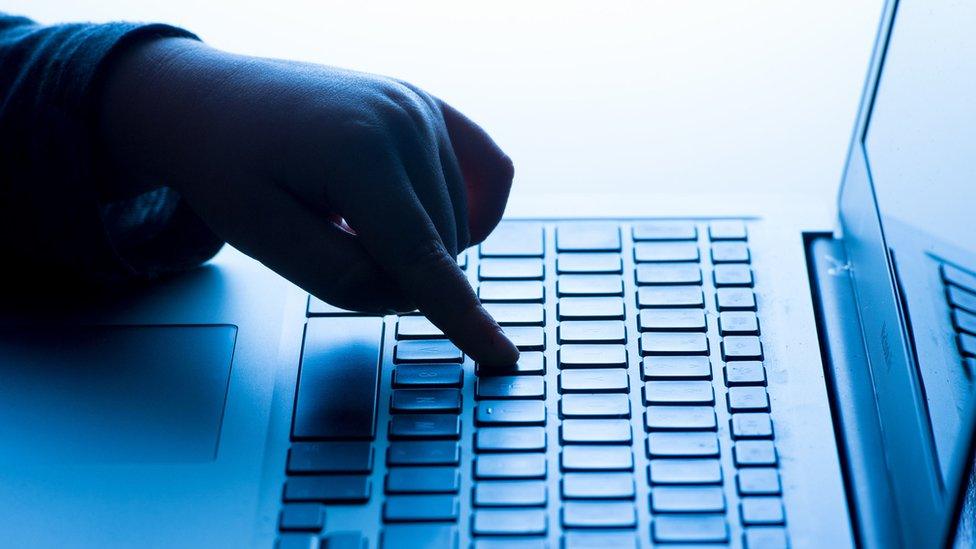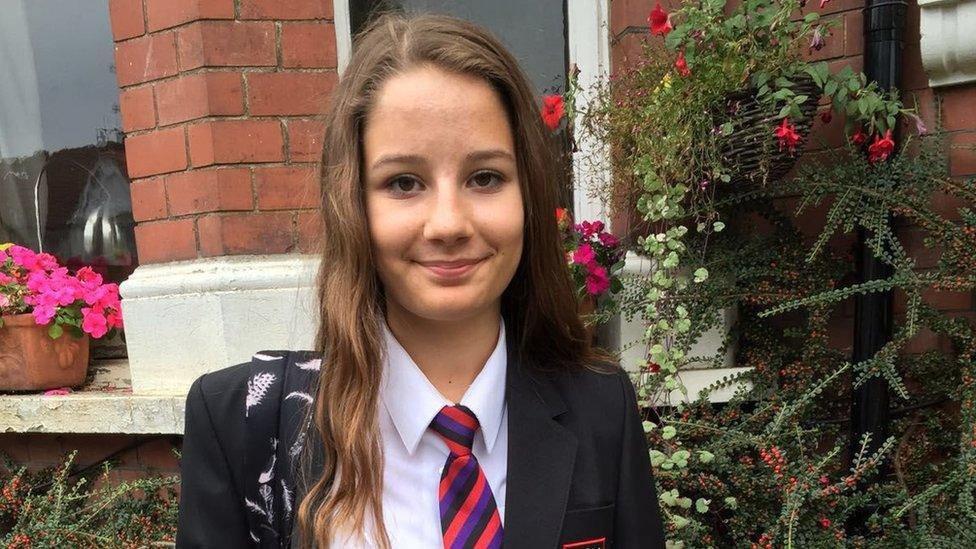Tory MP Julian Knight warns of face-offs with Musk's Twitter
- Published

Elon Musk's takeover of Twitter could lead to multiple "face-offs" with regulators in the UK and the EU, a senior Conservative MP has warned.
Select committee chair Julian Knight said Mr Musk's support for "absolute free speech" could mean governments were faced with repeated calls to widen their regulation of online content.
He told the BBC it would be a case of "watch and see".
On Thursday, it emerged the UK's Online Safety Bill had again been delayed.
The legislation is aimed at making social media firms like Twitter and Facebook accountable for finding and removing harmful content.
Children's charities say it is urgently needed to protect young people from abuse - but civil liberties groups argue it is an attack on free speech.
The mammoth bill was put on hold during the summer's Tory leadership contest, amid claims it would be watered down.
Mr Musk has previously spoken of wanting to make Twitter an unfiltered "common digital town square", sparking fears the platform could become more abusive and polarised.
After completing his takeover, he tweeted "the bird [Twitter's logo] is freed". Thierry Breton, EU commissioner for the internal market, responded: "In Europe, the bird will fly by our rules".
Under the EU's recently approved Digital Services Act, online platforms which fail to curb illegal online content will face hefty fines.
But Mr Knight, who chairs the Commons digital, culture, media and sport committee, told the BBC the billionaire had a record of "rowing back" on some of his previous statements and had done so again on Friday.
Mr Musk said: "Twitter obviously cannot become a free-for-all hellscape, where anything can be said with no consequences", adding that it would follow "the laws of the land" and "must be warm and welcoming to all".
The Online Safety Bill, external would compel social media platforms to remove all illegal content and to take action against designated "legal but harmful" material.

Companies could face fines running into billions of pounds or have access to their sites blocked if they breach the rules.
During Liz Truss's brief premiership, Commons leader Penny Mordaunt told MPs the bill would return to Parliament for its remaining stages on 1 November.
But on Thursday, she confirmed it had been pulled from the Parliamentary schedule.
She told MPs the legislation "remains a priority", but the government needed to "ensure that there is time for members to properly look at amendments".
Another Conservative member of the digital, culture, media and sport committee, former senior cabinet minister Damian Green, told the BBC the bill appeared to be "up in the air both in terms of content and timing".
Mr Knight suggested the legislation drawn up by Boris Johnson's government had been too wide-ranging and needed greater focus.
He predicted that the protection of children from harmful content and age verification measures would be "beefed up", while potentially harmful but legal content for adults might fall outside the bill's scope.
On Thursday, Labour's Shadow Commons leader Thangam Debbonaire questioned whether the bill had been withdrawn by new prime minister Rishi Sunak to "appease" International Trade Secretary Kemi Badenoch.
When she was a Tory leadership candidate in July, Ms Badenoch said the Bill in its current form should not become law. If elected, she would "ensure the Bill doesn't overreach", she added.
Ms Debbonaire said Parliament had been waiting four years for the Bill to become law.
"Since the Conservatives first announced their intention to regulate seven other jurisdictions have introduced online safety laws, and in the UK in that time online crime has exploded, child sexual abuse online has become rife, scams have proliferated.
"Every day that goes by without the Bill the suffering continues."
Ms Mordaunt insisted the government was "committed" to the Bill and it would "be back in the House shortly".
Ian Russell - the father of Molly, 14, who ended her life after viewing self-harm content online - warned the further delay could "cost vulnerable young lives".

He added: "I hope the assurances I have been given by the Secretary of State [Digital, Culture, Media and Sport Secretary Michelle Donelan] that the Bill will be in the Lords by Christmas will prove to be more than just fine words.
"For the sake of our young, who are currently exposed to online dangers on a daily basis, this legislation can't come soon enough."
Susie Hargreaves, chief executive of the Internet Watch Foundation, said: "Each day this crucial legislation is delayed is another day imagery of children being sexually abused spreads further online. This is the reality.
"Our hotline analysts see the consequences, and last year they removed more images and videos of children suffering sexual abuse and rape from the internet than ever before.
"We need to see a clear timetable of when this bill will proceed to give victims the confidence that this Bill is still a Government priority."
Free speech campaigners have called for the legislation to be scrapped.
Monica Horten, policy manager of the Open Rights Group, said: "The privacy of 40 million chat users is threatened by this Bill.
"There will be constant surveillance of what they say and send. The Bill will create everyday censorship where the Computer Says No to perfectly legal content, with no proper process of review."